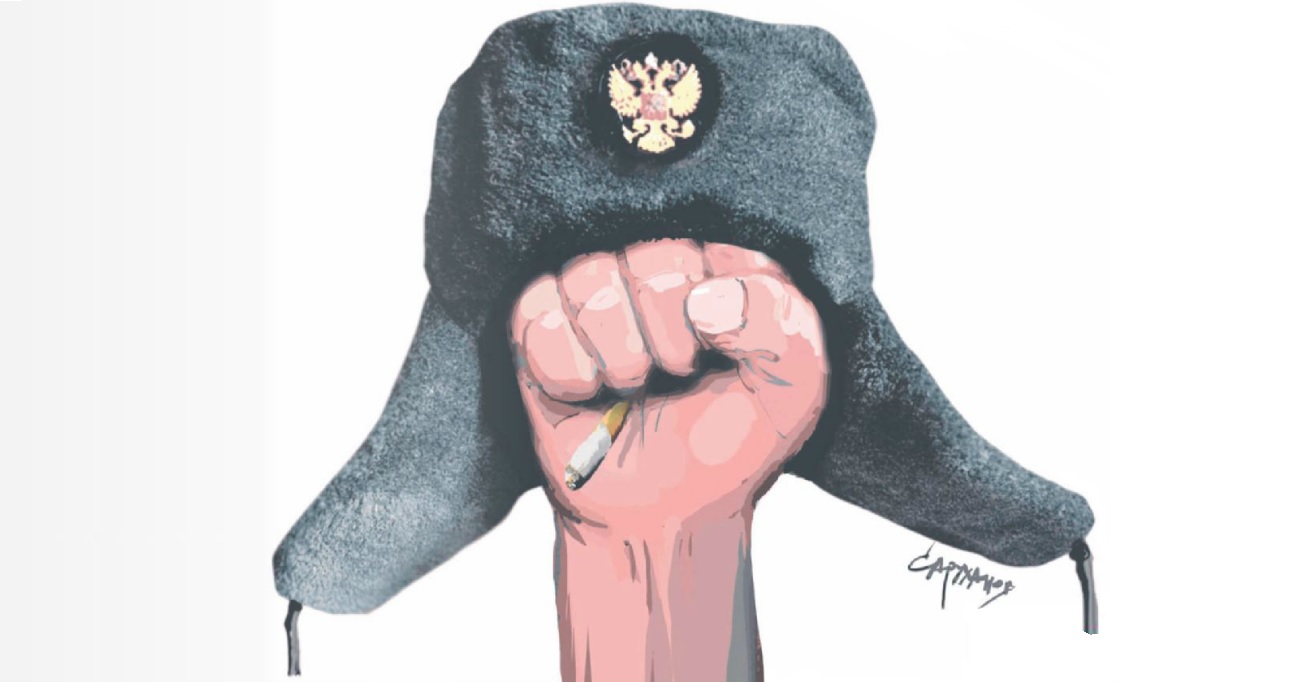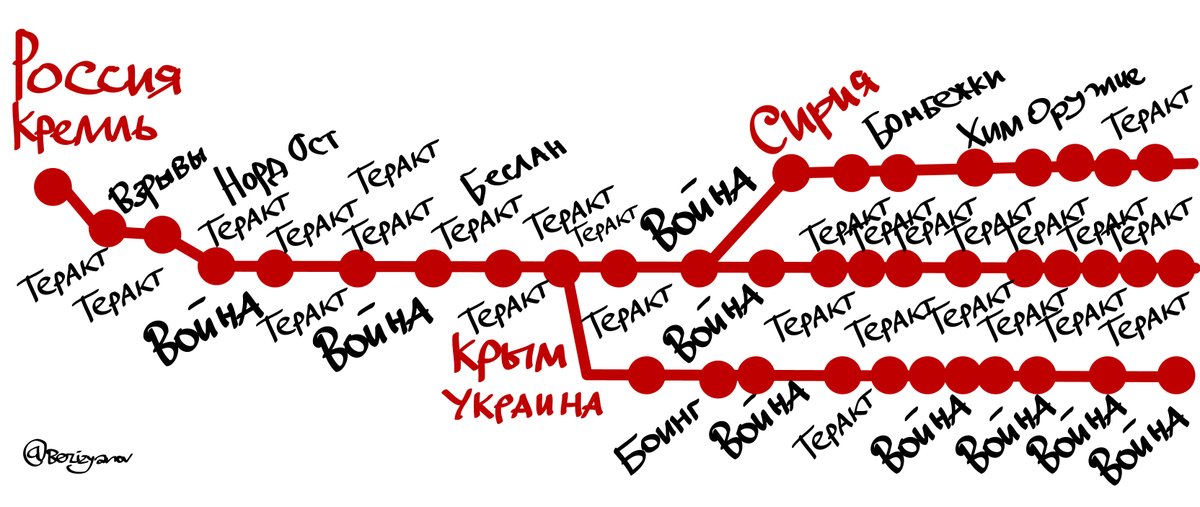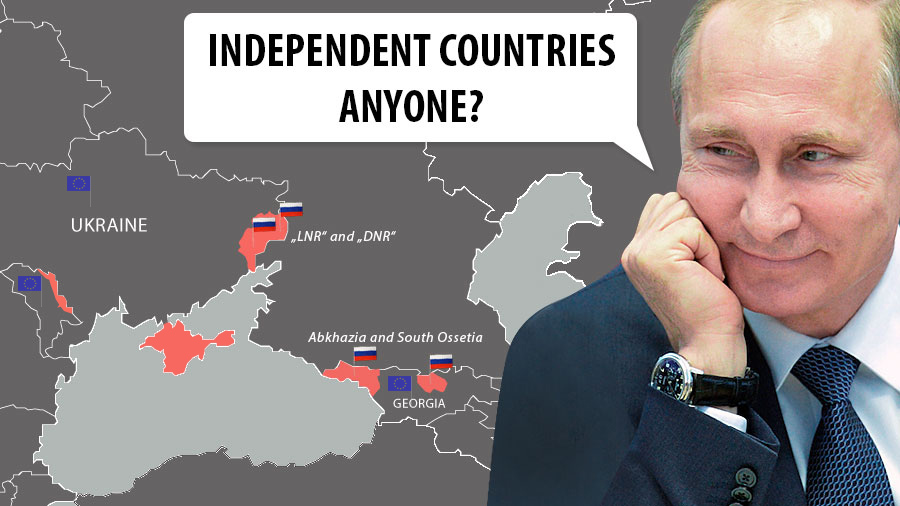Russia has only rarely been a democracy and certainly is not one now, Vladimir Pastukhov says; but the fusion of the state and the criminal world that occurred in the 1990s and continues to this day is something new and is if anything more dangerous for the country than the absence of democracy.
The London-based Russian expert says that the current reporting about tortures in Russian penal institutions highlights this phenomenon because what is taking place in this case is the use of criminals to torture other criminals, a horrific form of “outsourcing” by the authorities to the criminal world.
That arrangement works to the benefit of the powers that be because it allows them to maintain a certain deniability about what is going on while keeping the Russian people intimidated by the fear that they could easily become victims of such practices, Pastukhov continues.
Related: Kremlin’s censorship of Shenderovich interview spotlights Putin’s mafia connections
The current Russian regime “would cease to exist if people stopped being afraid not of jails – people are prepared for that” – but of the near certainty that they would become victims of torture if they were to be incarcerated. Reports about torture and about the failure of the authorities to stop it only add to those fears.
That is because the current regime is based not on the existence of prisons and camps but on the widespread practice of torture within them. Some may think that such an arrangement cannot last for long, Pastukhov says; but as the joke has it, at least some assume that it can last long enough.
Related: How the Kremlin influences the West using Russian criminal groups in Europe
The Putin regime has “transferred a significant portion of its functions via outsourcing to the criminal way, using this arrangement throughout society, including in prison, in order to frighten people,” he argues. The system is working; the only question is will it work “long enough” for Putin and his entourage.
Read More:
- Western sanctions regime must be fundamentally revised because Russia is a mafia state, Gessen says
- Moscow attacked Skripal for betraying Russian oligarchs, highlighting mafia nature of Putin regime, Portnikov says
- Kremlin’s censorship of Shenderovich interview spotlights Putin’s mafia connections
- Supreme power of Putin’s FSB. Part 2: commercialization and criminalization, from “Bandit St. Petersburg” onward
- To deal with Putin, West needs to study Russian criminal world, Eidman says
- How the Kremlin influences the West using Russian criminal groups in Europe
- Criminal world customs increasingly inform Moscow’s actions, Yakovenko says
- Moscow spy services said deploying Russian criminal world against Ukraine
- Chekist regime and criminal world in Russia now ‘completely coincide,’ Portnikov says
- Putin’s Russia is becoming a criminal gang
- Russians now fear their own government more than they fear a world war, Schulmann says
- The system of torture and rape in Russian prisons was imposed by Moscow, GULAGU.Net activist says
- Prisons central to Putin regime and films of torture in them a major political problem
- GULAGU.Net exposes systemic torture and rape of prisoners in Russia; regime responds with investigations and denial of service attack on portal




![Vladimir Putin's wrestling coach, the person who reportedly helped him get admitted to the Leningrad State University using his connections, was one of the city's top criminals, had served 20 years in prison, and died in a gang battle at 57. Putin admiringly wrote about him in his memoirs called "From the First Person" without using the coach's surname or mentioning his criminal links (for obvious reasons). As the engraving on his grave stone states, the coach Leonid Ionovich Usvyatsov composed the epitaphs himself. [Translator: Please note that in the original Russian the epitaphs crudely rhyme, but the translation did not attempt to reproduce rhyming prioritizing accuracy instead.] The epitaph on the front panel says: "A grave and on the grave there is an epitaph: 'I am dead, but mafia is immortal.'" The back panel is engraved with the following epitaphs: "Hooray! I finally died!!! All of my life I worked for broads like a slave. Now I won't spend a kopeck on this liver sausage anymore." "I gave her my two final bangs and then was carried away on a hearse." "Let's drink to us all, because the curtain will soon fall." (Image: openrussia.org)](https://euromaidanpress.com/wp-content/uploads/2015/12/4bbcb9a683811.gif)



